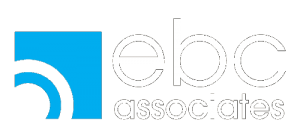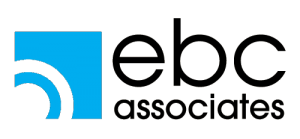A Skills Shift
Over the past few years there’s been an unprecedented transformation in the workplace.
To start, views on careers are radically different and many workers continue to prioritize flexibility, purpose and continuous learning over traditional career trajectories. Gone are the days of ‘Rolex watch retirement’ recognitions, or employee milestones; fewer people have longevity at one company, and executives aren’t retiring the way they used to, or even at all.
AI, robotics, bioinformatics, are shaping today’s jobs, with new skills and functions arising constantly. There are a handful of industries that won’t be affected by artificial intelligence (AI). Construction is one of them, highlighted recently by a billboard sign that read ‘Hey ChatGPT, finish this building…’
However, most organizations will continue to adopt AI. In parallel, the need for human skills is irreplaceable, and will be increasingly in demand. Many of us these days find ourselves asking: ‘should I be concerned about my job?’ Always look for ways to integrate and augment AI into your job. While the rise is inevitable, literacy and curiosity being the new must-have mindset, be prepared to focus on skills that complement AI and take the initiative to learn!
How do we address this skills confidence gap in AI in business? The increase in AI related jobs underscores an urgent need to reskill employees in AI literacy. Businesses must invest in training their managers first – with the skills and knowledge to guide their teams through AI adoption. This bolsters their confidence and ability to foster a more supportive and effective transition for employees. In addition, AI offers companies a great reverse-mentorship opportunity for organizations. Younger employees who have grown up with technology can effectively mentor older workers. According to research by SHRM, 30% of HR leaders feel greater pressure to innovate and 28% believe there is an increased need to upskill and reskill workers.
Generational differences towards employment.
Gen Z is helping shape the narrative around mental health and the mindset towards redefining the work world. Holistic well-being, flexibility, purpose driven, have become key to their core goals. Thus, the physical, emotional, and financial wellness of any employee is paramount to organizations more than ever. Gen Z has been more open and vocal about prioritizing mental health and views towards work, and certainly COVID-19 elevated topics around this to the forefront for many. This has prompted organizations to reevaluate traditional roles, mainstream remote work, and create opportunities offering work life balance unthought of before. This shift has empowered workers too!
A green shift is happening.
Sustainability has evolved from a trend to a fundamental shift in business operations. ESG strategies and the circular economy are creating new skill competencies and jobs. Reskilling must be prioritized to drive long term growth and stay competitive. This green transition will continue to have a net-positive impact on jobs creation, estimating 25 million new jobs by 2030. Source: LinkedIn Global Green Skills Report. At the same time, the demand for green skills outpaces the skills base. Examples of some of the roles in demand include Climate Action Planning, Sustainability Education, Carbon Emissions, Sustainability Reporting, Impact Assessment, to name a few.
As we navigate forwards through these changes, it’s clear that businesses who are equipped with – and implement workforce training and education across all levels and in all areas – will thrive in this new era.

